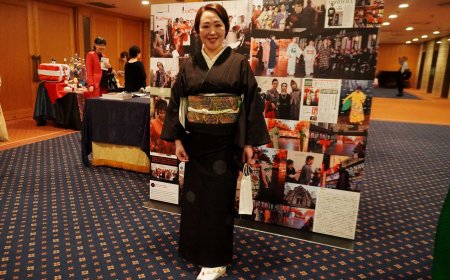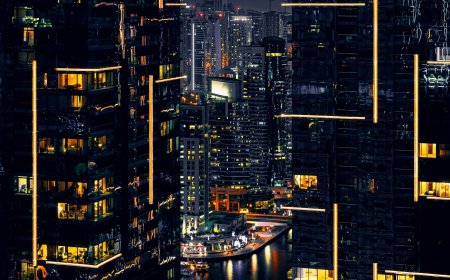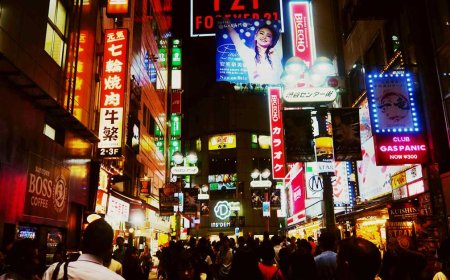Jiko Bukken: A Risky Past or a Real Estate Bargain?
In Japan, homes where deaths or crimes occurred are called Jiko Bukken—and they're often sold or rented for a much lower price. But would the savings be worth the potential unease?
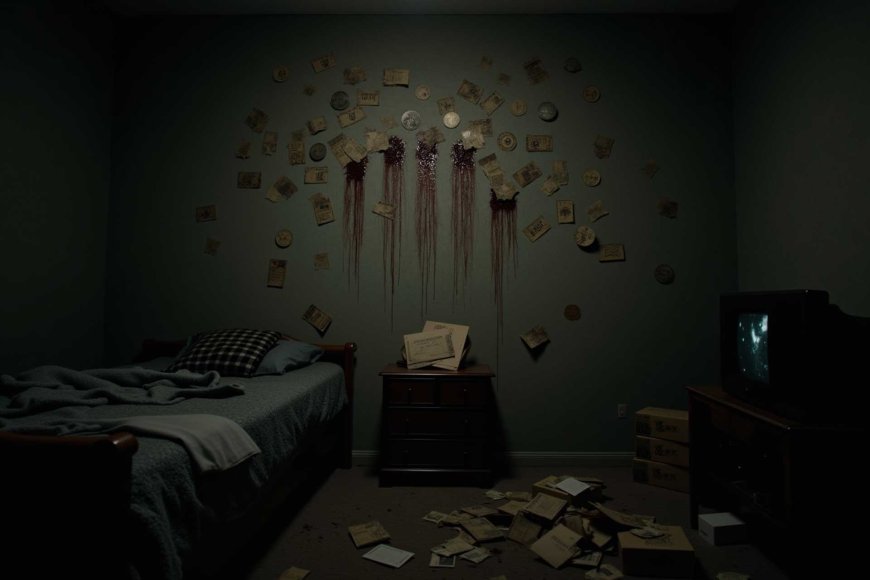
The Truth Behind Japan’s Infamous “Stigmatized Properties”
In Japan, a unique term in real estate circles stirs both curiosity and caution: Jiko Bukken (事故物件). Translated literally as “incident property,” it refers to real estate where a tragic event—like a suicide, murder, or unattended death—has occurred. These properties often linger in the market due to the stigma surrounding them, even if they are structurally sound and in good locations.
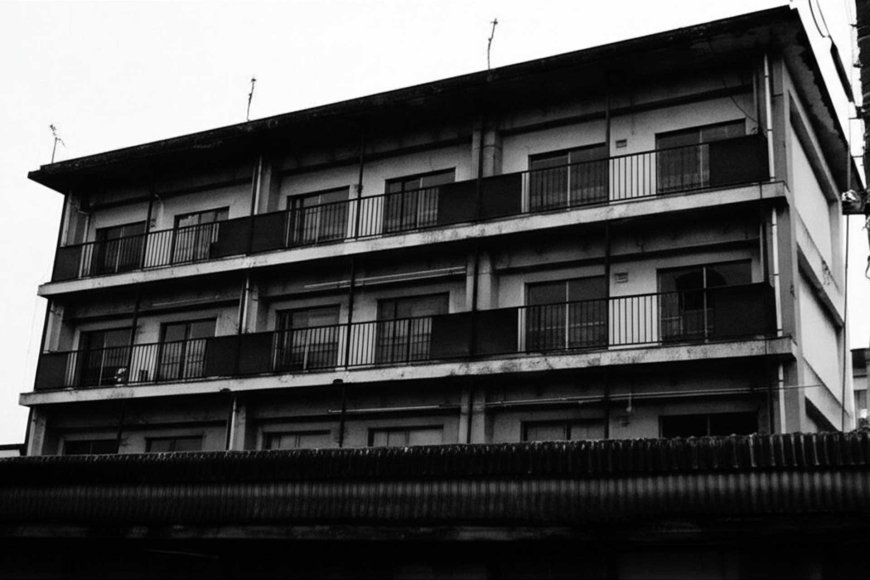
What is a Jiko Bukken?
A Jiko Bukken is not your average property. While the home may look like any other from the outside, it carries an emotional or psychological weight due to past events. These incidents can include:
- Suicide
- Homicide
- Accidental death
- Unattended death (where the deceased was found after a long period)
- Fires or other disasters resulting in casualties
While some of these incidents may not legally require disclosure after a certain period, many buyers and renters in Japan still avoid them, resulting in longer vacancy periods and cheaper rents or sale prices.
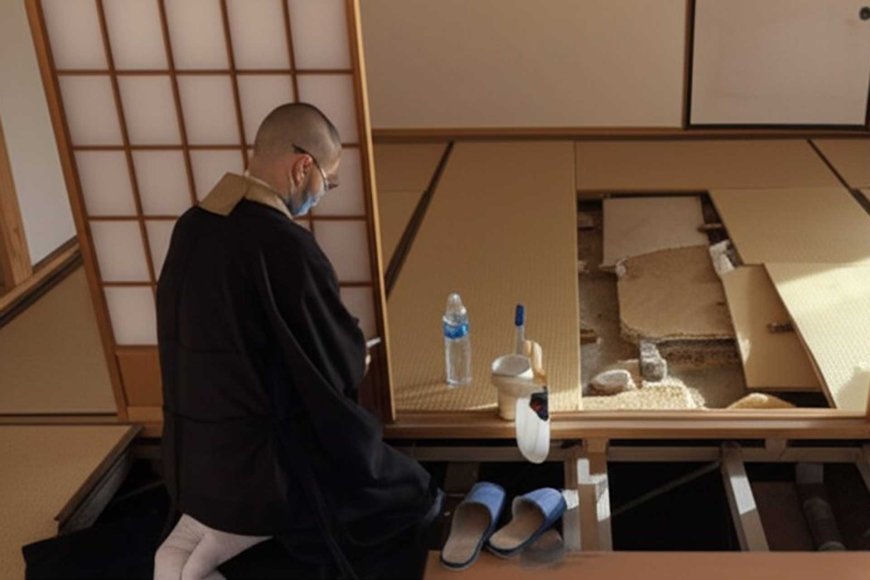
Cultural Stigma Around Death in Japan
In Japanese culture, death carries strong spiritual and superstitious connotations. Many believe that places where violent or unnatural deaths occurred may be haunted by unsettled spirits, known as yūrei (幽霊). This belief leads to a widespread reluctance to live in such homes, regardless of their condition or location.
Even for those who aren’t particularly superstitious, there’s a deep-seated discomfort about living in a space where someone passed away tragically. That’s why even a beautifully renovated apartment in a prime location may sit empty for months—if it's labeled a Jiko Bukken.
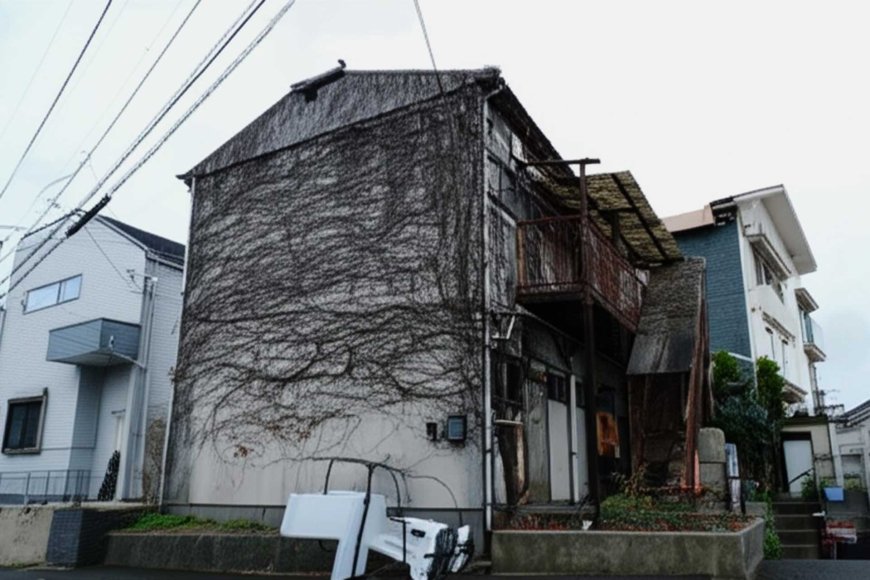
Legal Obligations for Disclosure
Japanese real estate law requires agents to disclose material facts about a property, including any incidents that occurred. However, the rules are not always clear-cut:
- If a murder or suicide occurred recently, it must be disclosed to potential buyers or renters.
- If several years have passed and the property has already been rented once since the incident, disclosure may no longer be required.
- Some agencies may voluntarily disclose this information for transparency.
This legal gray area makes it crucial for buyers or renters to ask detailed questions. Websites like Oshimaland offer crowd-sourced databases of known Jiko Bukken locations, helping prospective tenants do their own research.
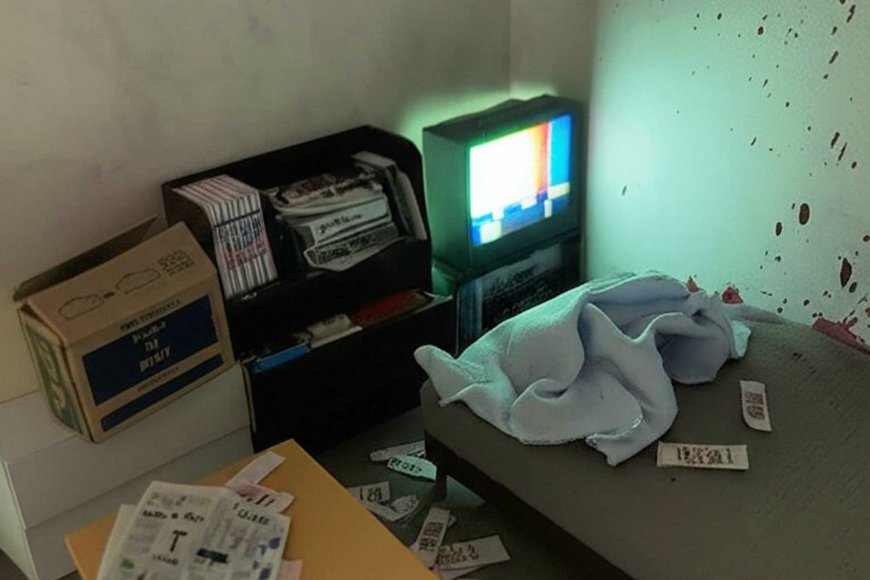
Why Are Jiko Bukken So Affordable?
The main draw of Jiko Bukken is the significant price reduction. In some cases, the cost can be 30% to 50% lower than similar properties in the area. This creates opportunities for:
- Budget-conscious renters looking for cheap accommodations in big cities like Tokyo or Osaka
- Real estate investors aiming to flip or renovate properties
- Foreign residents who may not share the same cultural sensitivities
Because of the stigma, landlords and sellers are often willing to negotiate even further, sometimes offering zero key money, reduced deposits, or free rent for a few months.
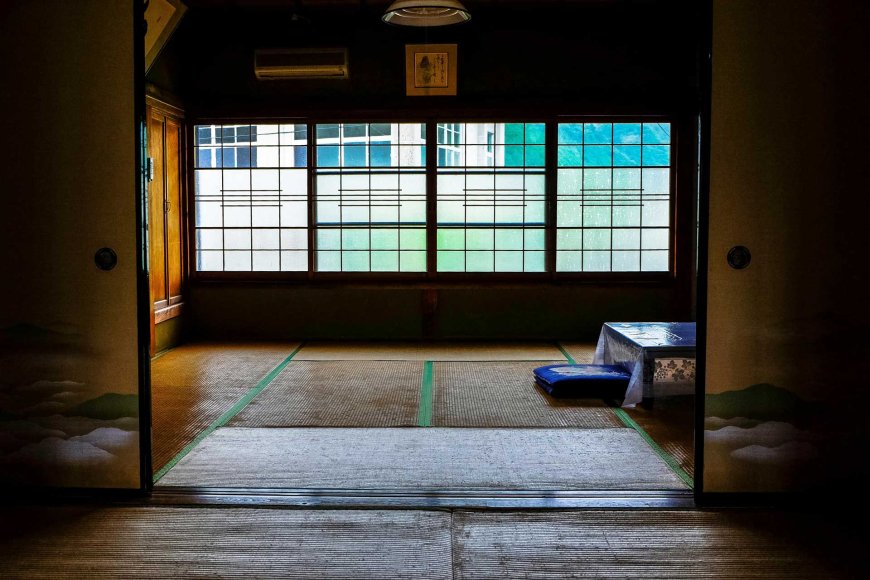
Is It Safe to Live in a Jiko Bukken?
From a structural and legal standpoint, Jiko Bukken properties are safe. They’re inspected like any other property, and landlords often go through extensive cleaning and renovation processes to remove any trace of the incident.
However, the psychological factor cannot be ignored. Some people may experience unease or discomfort even if they don’t believe in spirits. It comes down to personal tolerance and whether the financial savings outweigh any emotional unease.
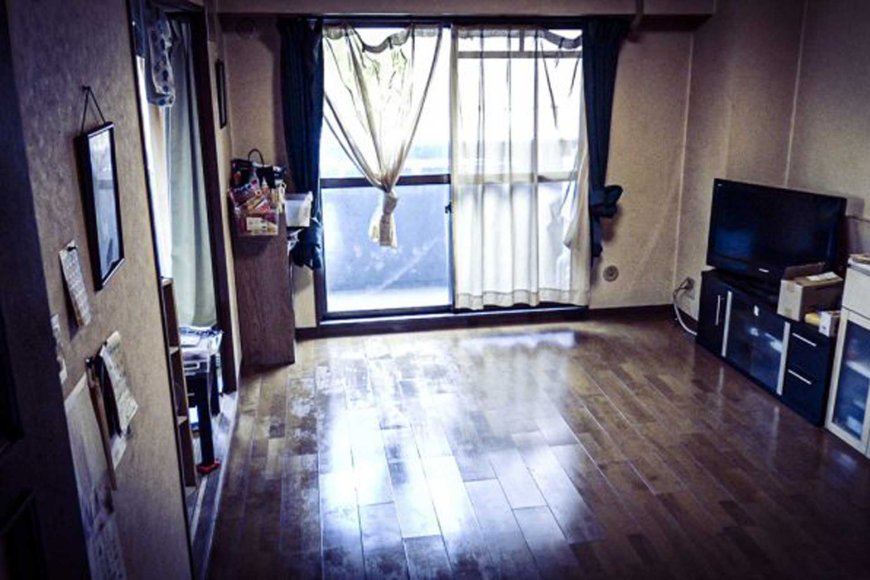
Who Typically Lives in Jiko Bukken?
Jiko Bukken properties are often rented or bought by:
- Students or young professionals looking for affordable rent
- Foreigners who are less affected by local superstitions
- Short-term renters
- Paranormal enthusiasts or content creators (some YouTubers even document their experiences in such homes)
Interestingly, there’s a growing niche of people who don’t mind the stigma—and even find it exciting or intriguing.
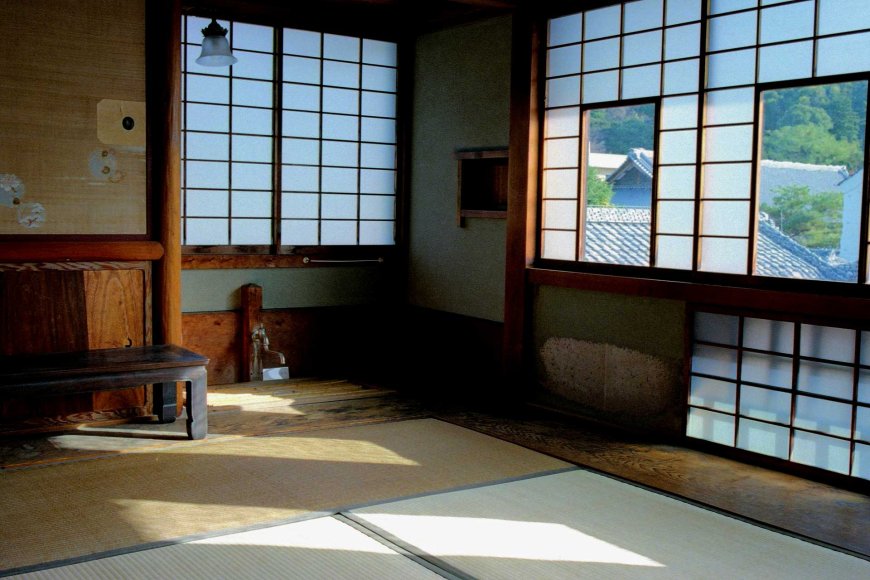
Would You Consider It?
Here are some things to consider if you’re thinking about living in a Jiko Bukken:
- Budget: Are you prioritizing savings over emotional comfort?
- Beliefs: Do spiritual or superstitious elements affect your peace of mind?
- Duration: Is this a short-term or long-term stay?
- Disclosure: Have you asked for full details from the agent or done your own research?
If the answers point toward practical needs and a thick skin for unsettling stories, a Jiko Bukken might be a smart and budget-friendly choice.
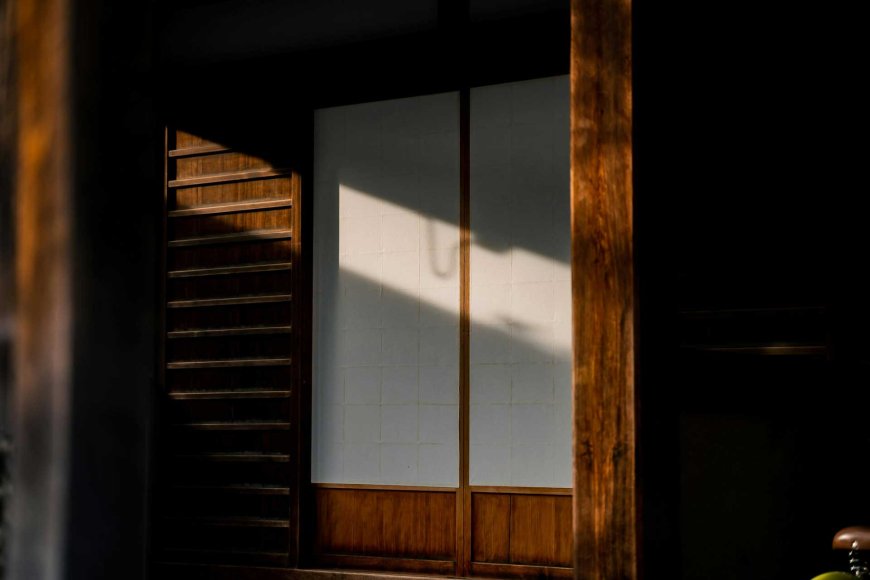
The Choice Lies in Your Beliefs, Budget, and Perspective
Living in a Jiko Bukken isn’t for everyone. But in a country like Japan where space is tight and property prices are high, these stigmatized homes offer a unique opportunity—if you’re willing to look past the past. Whether you see it as a deal or a risk, the decision ultimately comes down to your values, beliefs, and financial situation.
Nipino.com is committed to providing you with accurate and genuine content. Let us know your opinion by clicking HERE.





